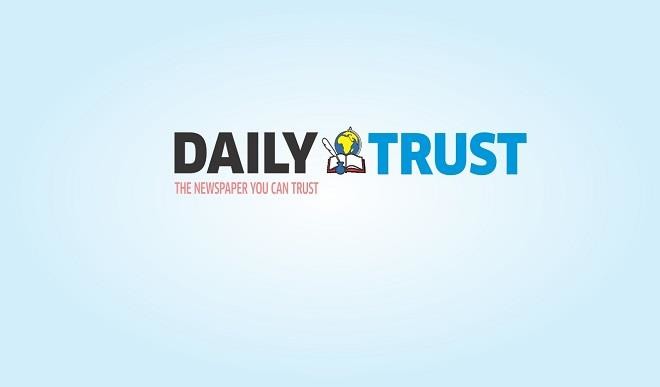DRPC: Engaging Muslim leaders in family health programmes
Recently, the Development Research and Projects Centre, DRPC, a local non-governmental organization, brought together 40 plus Muslim opinion leaders from past and current projects at the Sheraton Towers Hotel, to discuss the role of faith leadership in public health. The meeting was convened under the auspices of the Gates funded Partnership for Advocacy in Child […]


Recently, the Development Research and Projects Centre, DRPC, a local non-governmental organization, brought together 40 plus Muslim opinion leaders from past and current projects at the Sheraton Towers Hotel, to discuss the role of faith leadership in public health. The meeting was convened under the auspices of the Gates funded Partnership for Advocacy in Child and Family Health (PACFaH) project in order to support the Federation of Muslim Women’s Associations of Nigeria, FOMWAN as a leading PACFaH partner. It is exactly 20 years now that events such as this have been organized by the DRPC to educate and mobilize faith based organizations on the significance of becoming change agents in the struggle for a better family health in the country.
This particular meeting was a great eye-opener and training opportunity for the health desk reporters filling the back benches. Journalists watched in awe as Muslim scholar after scholar stood up and talked about how their views on polio, family planning, routine immunization changed after participating in DRPC projects. Project such as the Leadership Development for Traditional and Religious Leaders in reproductive health project (LDT) funded by USAID Nigeria and the Saving Lives at Birth came in for special mention.
One female scholar from Sokoto state supported by DRPC to attend study tours in Mali and Egypt under USAID/LDT project said “I preached against polio, routine immunization and family planning, I was even called to the Shehu’s Palace but I was not convinced…but after I got back from the DRPC study tour to Al-Azhar University, Cairo in Egypt, I changed”. Scholars at the meeting came from varied walks of traditional life. Some were Friday mosque Imams from Bauchi state; others were traditional leaders such as traditional leader, the Sarkin Gagi of Sokoto state; while many were clerics and Imams in remote local government areas in Katsina state and in city mosques in Sokoto and Niger State. While they were different in many ways, what they all had in common was their powerful stories of transformation from opposing to supporting public health programs in their states. They also had in common, their continued commitment to work as advocates and social mobilizes long after DRPC projects such as USAID/LDT closed out and LDM funded by the Institute of International Education closed in 2009.
The significance of a small secular organization such as the DRPC engaging traditional and religious leaders in public health over twenty years was not lost on the journalists in the room. This was certainly not lost on Chief Imam Sani Isah of the Interfaith Mediation Centre who recalled that “donors do not always understand the DRPC way, DRPC had to struggle with USAID in the LDT project to say ‘we will do it our way, we will support to scholars to transform in their own time’”. At the end of the day all scholars recommitted to strengthening networks and they pledged to continue supporting child and family health as health advocates and champions for social mobilization.
Hassan B. Nagado, Abuja
